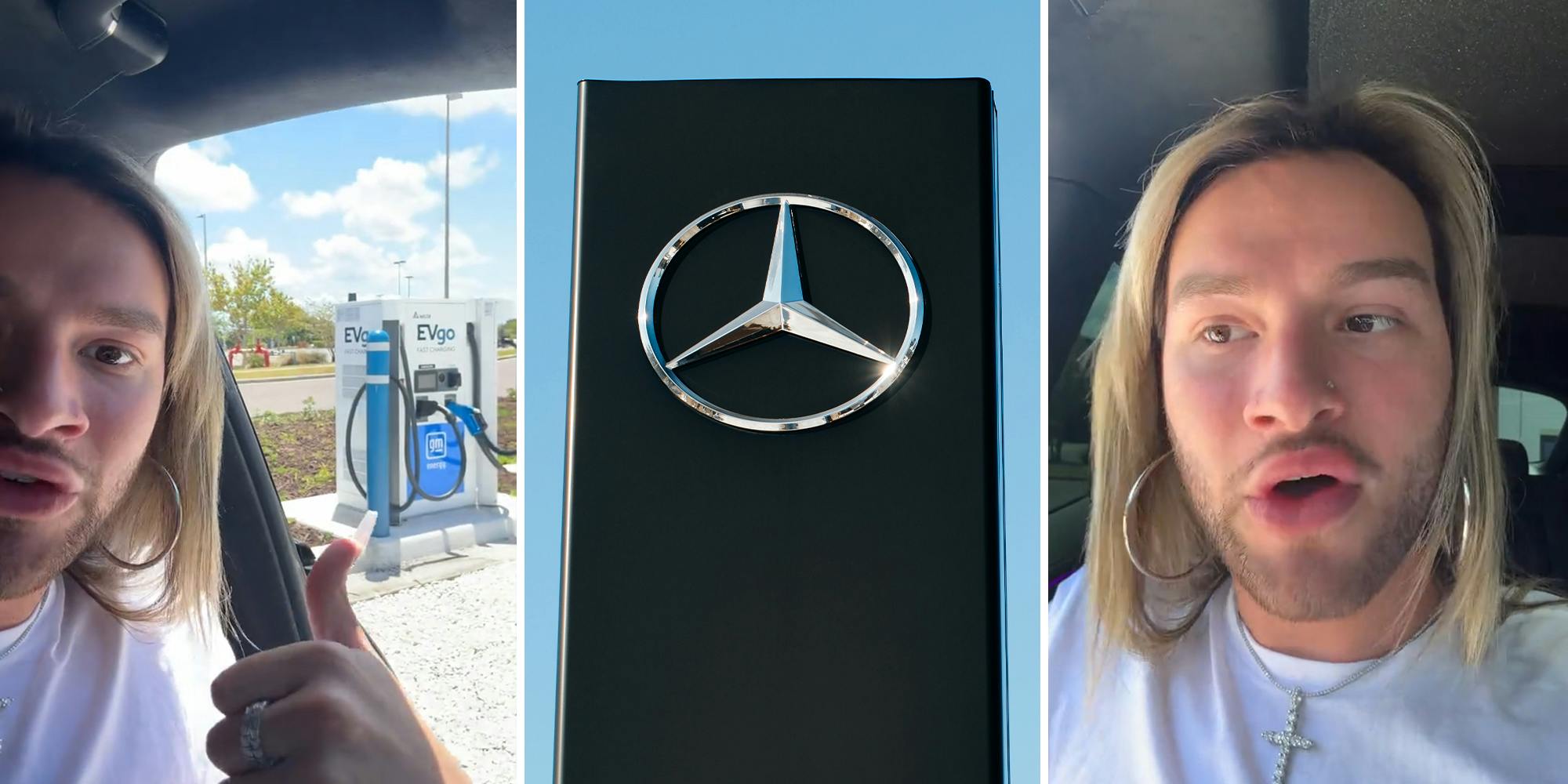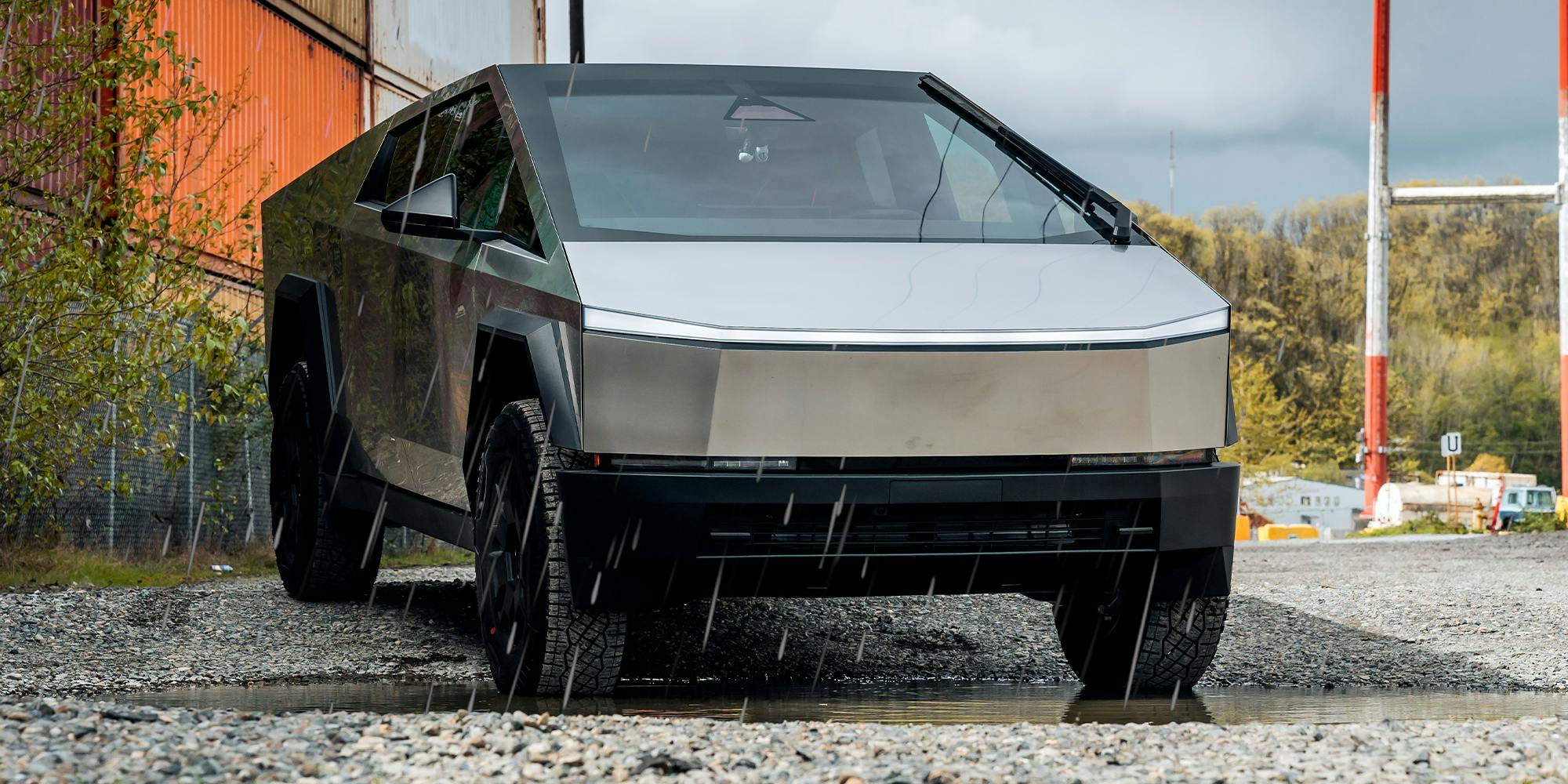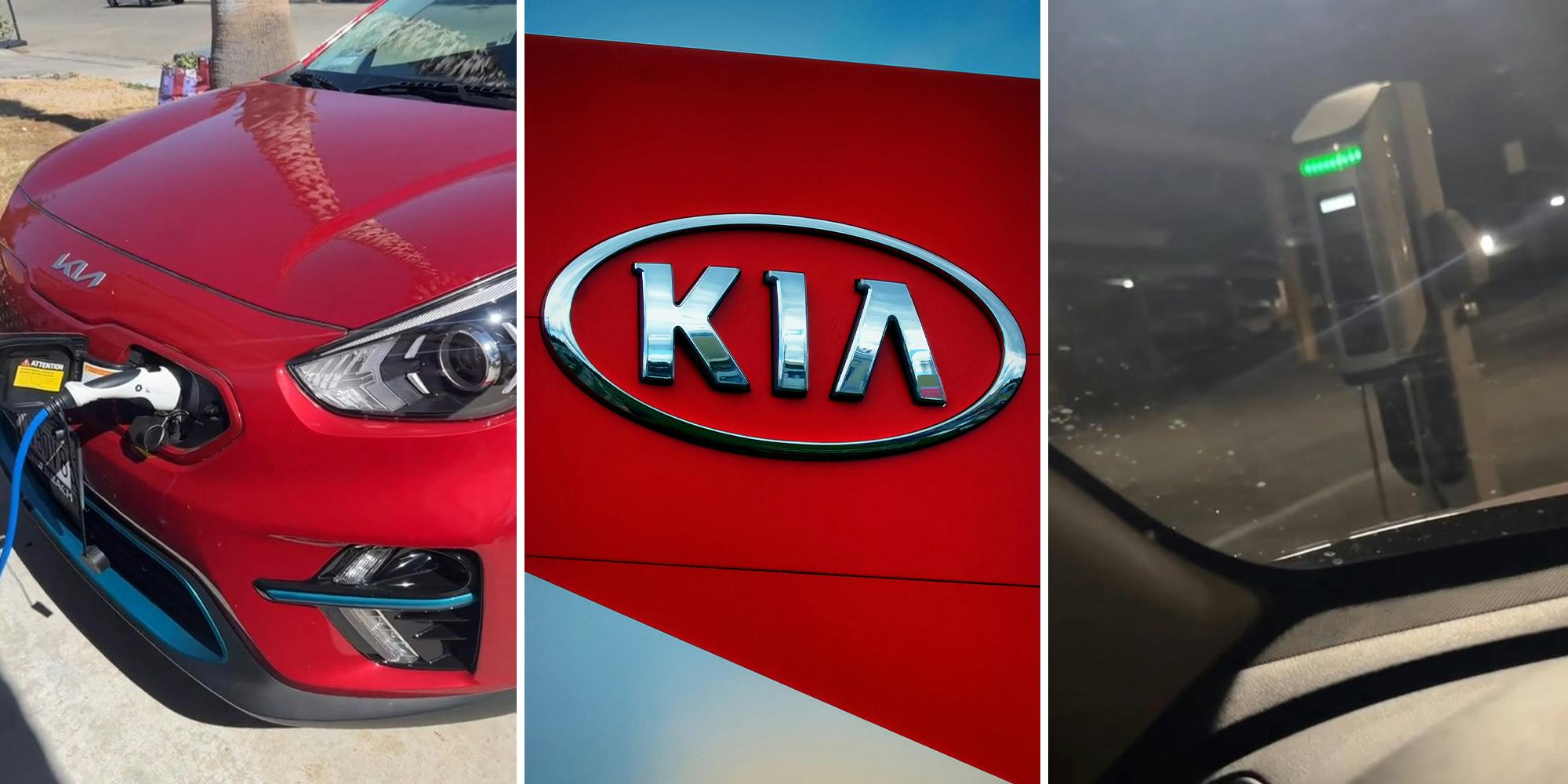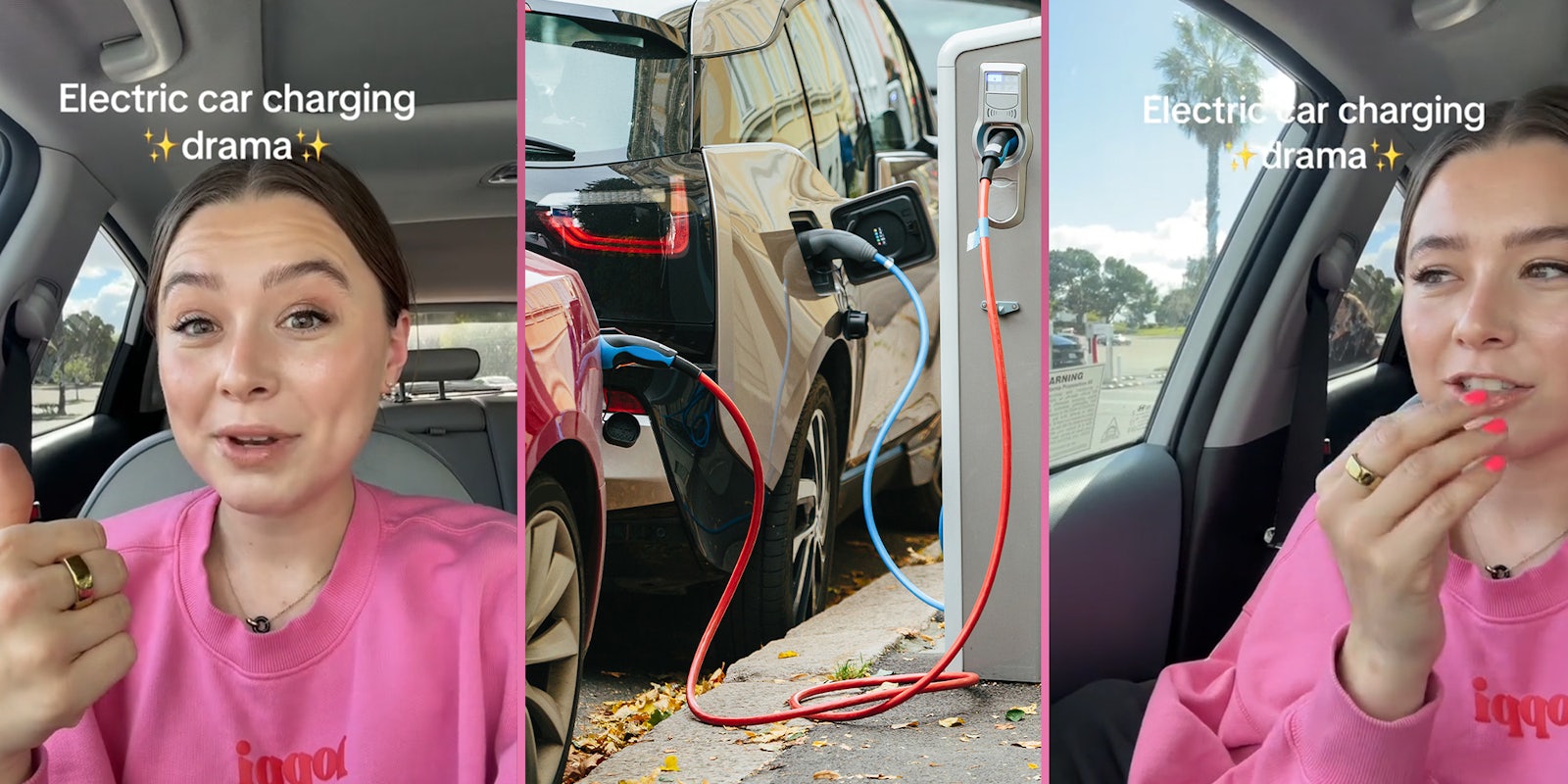While electric vehicles are often considered the future of transportation, drivers have reported a series of frustrating issues with these cutting-edge cars.
Despite their environmental benefits, advanced technology, and sleek design, EVs are not without their drawbacks. Electric car owners struggle with problems such as software glitches, poor charging infrastructure, and more—issues that can be particularly infuriating and sometimes leave drivers in difficult situations.
Many of these drivers have since shared their stories online. Below, we’ve listed five times an electrical vehicle has failed its owner.
Mercedes driver paid $15 for a 10% charge

Electric cars are supposed to be cheaper to charge than filling up with gas, but TikToker Bryan (@bryan) found out the hard way that’s not always true.
In a viral video, Bryan was shocked after paying $15 for just a 10% charge on his Mercedes-Benz EV at an EVgo charger.
“For 10%, I just paid $15. That’s gas!” he exclaimed, stating that other chargers in the area had similar or higher rates.
In a survey by the Pew Research Center, 70% of the participants said “saving money on gas” was a significant reason why they would consider getting an EV, but as electricity prices rise worldwide, many EV owners are questioning if the savings are still worth it.
While it’s difficult to directly compare gas and electric vehicle expenses, it’s becoming clear electric doesn’t always mean considerably cheaper.
EV dramatically goes down in value

TikToker Drew (@infamousxdrew) shared a frustrating experience after buying a new Lexus RZ 450e, which a salesperson allegedly told him was worth $70,000.
However, just days later, Drew discovered the car’s value had dropped to $37,000.
“I just found out yesterday that this car is worth $37,000, and I’m paying $900 a month,” he said, feeling misled by the supposed $20,000 discount.
As reported by SpectrumNews1, a study found that EVs depreciate 10 times faster than their gas counterparts.
Besides the dramatic depreciation, Drew also struggled with the car’s range, needing to charge it twice in three days. “I feel like I made a very expensive, big mistake,” he stated.
At the end of the video, Drew said he was considering returning the Lexus for a Mercedes electric S-Class, which offers better value at the same monthly payment. In later videos, he reveals he successfully made the switch.
Amazon truck missing a third brake light

In a recent video, mechanic and TikToker Chuck (@checkenginechuckllc) flagged a safety issue with Amazon’s Rivian electric delivery trucks.
In the clip, he notes that these trucks lack a third brake light, making it hard to see when they’re braking–especially since these drivers often use hazard lights during frequent stops.
“The lack of a third brake light on that thing is severely dangerous,” Chuck says.
While Amazon and Rivian say the trucks meet legal standards, Chuck believes new regulations might be needed to make sure brake and hazard lights work independently, preventing potential accidents.
Cybertruck windshield can’t handle rain

Cybertruck owners are facing issues with the unique one-piece windshield wiper design, with reports surfacing on the Cybertruck Owners Club Forum about wiper motors burning out.
One user with the account name Greyfish noted that Cybertruck deliveries have been stopped due to a new safety issue with the wiper motor.
In the thread, owners have reported problems ranging from the wiper motor not working to it burning out after minimal use.
Despite some users claiming no issues, the wiper problem poses a safety risk in the rain, as suggested by Cnod’s experience of being stuck in a downpour with a non-functioning wiper. Tesla has yet to officially address the problem.
73 hours to charge Kia Niro EV

TikToker @everythingsux._ shared her frustration after buying a Kia Niro EV with a 30% charge and discovering it would take 73 hours to fully charge at home.
“It’s my first time charging it… I’m gonna be here forever,” she says.
However, the issue seems to be the car owner’s fault, as she was using a standard household outlet, which charges at a slow rate of 3 to 7 kW.
To speed up the charging process, most EV owners install a Level 2 charger– which isn’t cheap. The charger itself ranges from $350 to $900, and installation costs anywhere from $400 to $1,700.


